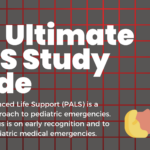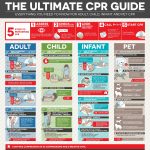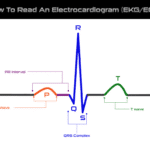One of the most important elements of CPR training is understanding the difference been adult, child, and infant CPR. Specifically, today we’d like to briefly look at the underlying causes that can trigger cardiac arrest in each of these three groups.
Adult CPR, as defined by the American Heart Association (AHA), is applied to any person over the age of eight. For adults, the main cause of cardiac arrest is heart failure. Meanwhile, Child CPR, as defined by the American Heart Association, is applied to any child under the age of eight. For children, heart failure is rarely the cause; rather, cardiac arrest is brought on by injuries such as head trauma or smoke inhalation.
Infant CPR is administered to victims under the age of 12 months, and like children, the cause for cardiac is rarely heart failure. Fortunately, since studies show that both children and infants are more resilient than adults, both groups respond better to CPR if the procedure is applied a soon as possible.










